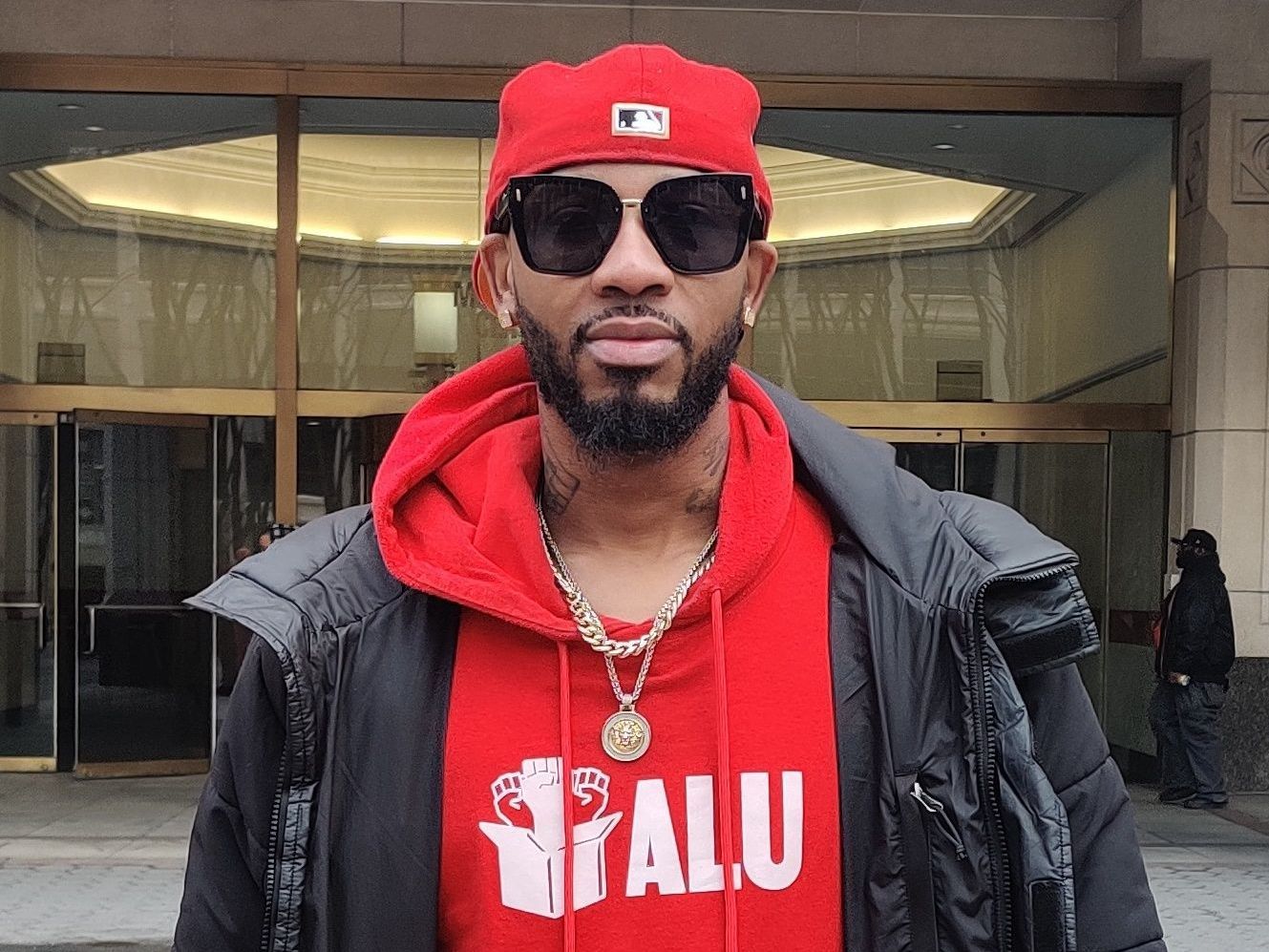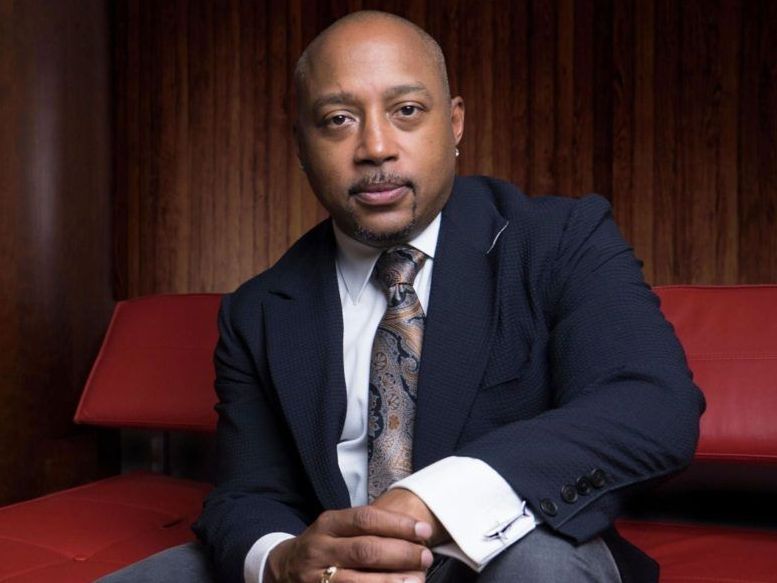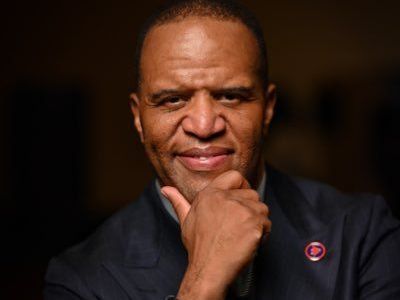10 Principles We Learn from John Hope Bryant About Financial Empowerment
John Hope Bryant, an American entrepreneur, stands tall as a beacon in the financial literacy realm. He has made significant strides not just as a successful businessman but as an advocate for economic empowerment and inclusion.
Wearing multiple hats, Bryant is the founder, chairman, and CEO of the nonprofit Operation HOPE, an organization dedicated to uplifting underserved communities through financial education. Furthermore, his dedication to creating an inclusive financial system was acknowledged on the national stage when he served as the vice chair on the U.S. President’s Advisory Council on Financial Literacy.
So, who exactly is John Hope Bryant? How did a boy raised in Compton and the South Central area of Los Angeles rise to influence financial policies at the highest echelons of power and inspire countless individuals?
Here are the 10 principles we're learning from John Hope Bryant, which provide a deeper insight into his philosophy:
1. Embrace Your Roots
While he might say "Be nuts!", what Bryant really means is never forget where you come from. His upbringing in Compton and the South Central region of LA instilled resilience and a unique perspective that fuels his initiatives.
2. Determination Over Circumstances
"Vow to never be poor" isn't just about financial wealth. Following the 1992 Rodney King riots, Bryant saw a dire need for financial education and empowerment, leading him to establish Operation HOPE, Inc.
3. Self-belief is Paramount
"Believe in yourself" isn’t just a catchy hashtag. Bryant's recognition as one of the 237 Young Global Leaders by the World Economic Forum stands as a testament to his unwavering self-belief and his ability to turn vision into reality.
4. Network and Connect
"Make friends everywhere" speaks to Bryant's approach to collaboration. His role as vice-chairman of the President’s Council on Financial Literacy under President George W. Bush showcases his belief in forging connections for collective progress.
5. Challenges Foster Growth
Understanding that "You can't grow without legitimate suffering" is vital. Despite challenges, Bryant continued his mission under President Barack Obama, emphasizing the importance of financial capability at a national level.
6. Visionary Leadership
To "Redefine success", Bryant took charge as the chairman of the Subcommittee on the Underserved and Community Empowerment. His leadership shines in initiatives targeting marginalized communities.
7. Trust in Your Potential
With a nod to "Have confidence", Bryant was lauded as “One of America’s 50 Most Promising Leaders of the Future” by Time Magazine in 1994. He exemplifies that confidence coupled with action can create impactful change.
8. Generosity is Golden
Through "Give", Bryant has made history. His recognition as the first African-American to be knighted by German nobility emphasizes the importance of generosity and the far-reaching impact of goodwill.
9. Lift Others As You Rise
True to the principle of "Empower people", Bryant's Crystal Heart Award from the University of Southern California School of Social Work celebrates his relentless efforts in community service and empowerment.
10. Humility in Achievements
Lastly, "Don't take yourself too seriously" is a reminder that even amidst accolades, like being named to The Root's 2011 100 List of Influencers and Iconoclasts, one should remain grounded.
In conclusion, John Hope Bryant’s principles serve as a guiding light for those striving for financial empowerment, success, and societal change. As you navigate your journey, remember to integrate these principles and keep pushing boundaries.







